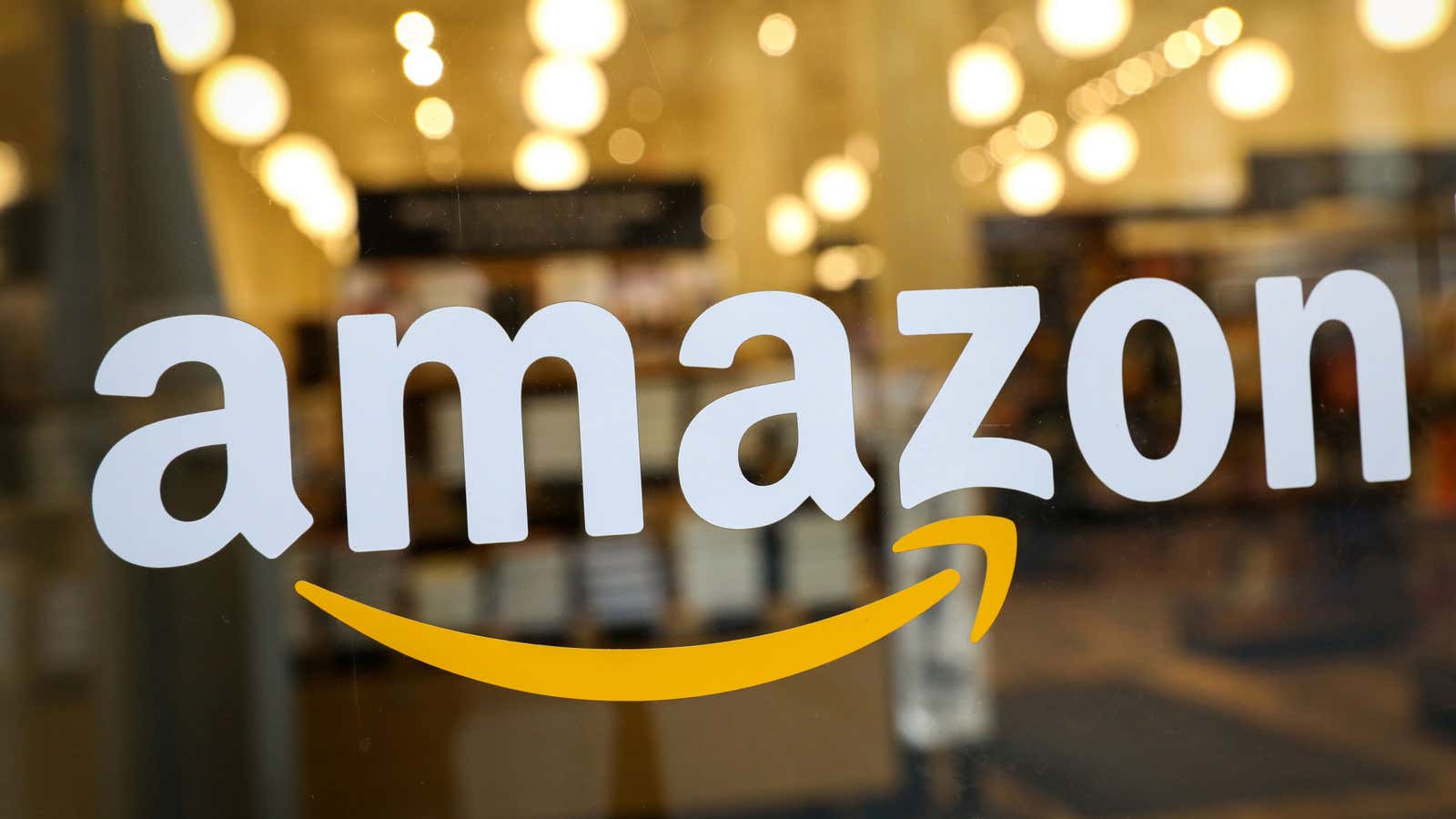Retailers’ worst Amazon fear hasn’t yet come to pass.
Amazon is developing a collection of brands it owns for everything from clothing to electronics to pet food. At last count, Amazon had more than 130 proprietary or private label brands, plus 422 brands sold exclusively on Amazon.com, according to brand tracker TJI Research. Amazon’s investment in these brands has prompted fear among merchants that the company could use sales data to identify and copy top-selling items, claiming their hard-won customers for itself.
But according to a new report from Marketplace Pulse, an e-commerce research firm, most Amazon-owned brands aren’t resonating with shoppers yet. Marketplace Pulse looked at 23,000 products from Amazon-owned or exclusive brands and concluded that a handful of brands, like AmazonBasics and Pinzon, made up the bulk of sales. “Amazon added more than 100 brands in 2018, but none of the recent launches are category leaders,” the report said.
Amazon has previously said private-label products are less than 1% of total sales. That could of course change as Amazon invests more in private and exclusive brands and devises new ways to drive consumers to those listings.
Amazon’s interest in the private-label space is undeniable. Last year, Amazon listed a job for a senior product manager for private brands, tied to an “Amazon Accelerator Program” that invited manufacturers to create exclusive products for the company. Amazon was also spotted promoting its own products at the bottom of competing listings.
More recently, the Wall Street Journal reported (paywall) that Amazon was serving customers pop-ups for Amazon-owned brands on rival product pages in its mobile app. The pop-ups grayed out the competing product, forcing shoppers to either dismiss them to continue shopping or to click through to the Amazon-owned item. Amazon told the Journal the feature was designed to help customers find cheaper alternatives.
One of Amazon’s most successful private-label ventures to date is AmazonBasics batteries, according to Bloomberg (paywall), which reported earlier on the Marketplace Pulse research. A 2016 study from 1010data estimated Amazon commanded 94% of all online battery sales, helping it to turn AmazonBasics into a successful label.
Amazon currently has a dozen job listings that involve AmazonBasics, including several for sourcing managers based in Shenzhen, China.
